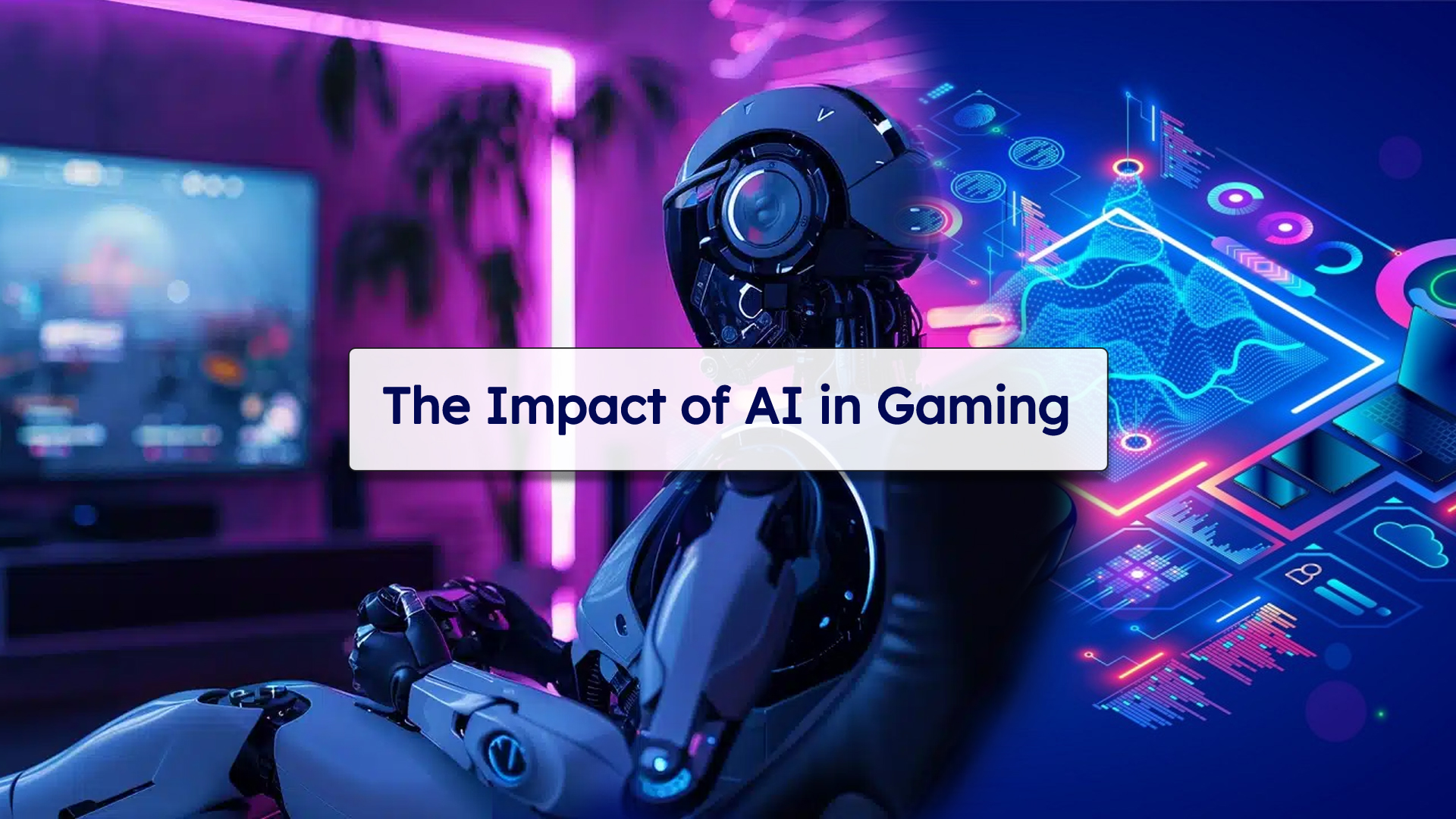Artificial intelligence (AI) has rapidly transformed the gaming industry, shaping how players interact with virtual environments and redefining the boundaries of game design. From intelligent non-playable characters (NPCs) to procedurally generated worlds, AI-driven advancements are making games more immersive, unpredictable, and dynamic than ever before. This article explores the impact of AI in gaming and its role in shaping the future of game development.
Smarter NPCs: The Rise of Adaptive AI
Traditionally, NPC behavior was largely scripted, resulting in predictable actions that could be memorized by players. However, AI-driven NPCs are now capable of adapting to player behavior, making interactions more engaging and realistic.
- Dynamic Decision-Making: AI allows NPCs to react intelligently to in-game events, altering their behavior based on player choices and environmental factors.
- Learning from Players: Machine learning techniques enable NPCs to evolve, adjusting difficulty levels or combat tactics in response to player strategies.
- Enhanced Dialogue Systems: AI-powered natural language processing (NLP) is revolutionizing in-game conversations, making NPCs more responsive and contextually aware.
Procedural Worlds: Endless Possibilities
Procedural generation, powered by AI, is enabling developers to create expansive and varied game worlds without the need for manual design. This technique allows for infinite replayability and unique player experiences.
- Randomized Level Design: AI-driven algorithms can generate vast landscapes, dungeons, and cityscapes dynamically, ensuring that no two playthroughs are identical.
- Adaptive Environments: AI can modify game worlds in real-time, altering terrains, weather conditions, and in-game events based on player progression.
- Resource Optimization: Procedural generation reduces the workload for developers, enabling them to focus on refining gameplay mechanics and storytelling.
The Future of Game Development with AI
The integration of AI in game development is still evolving, but its potential is limitless. Future advancements may redefine the way games are created and experienced.
- AI-Assisted Game Design: AI tools are helping developers generate assets, animations, and even code, streamlining production workflows.
- Personalized Player Experiences: AI-driven systems can analyze player behavior to tailor content, suggesting missions, storylines, or challenges that align with individual playstyles.
- Enhanced Multiplayer Interactions: AI-driven bots and matchmaking systems are improving online gaming experiences by ensuring balanced competition and reducing toxicity.
Conclusion
AI is revolutionizing the gaming industry, making virtual worlds richer, more intelligent, and endlessly adaptable. As technology continues to advance, AI will play an even greater role in crafting immersive experiences, shaping game design, and redefining player interactions. The future of gaming is AI-driven, and the possibilities are as limitless as the virtual worlds it helps create.


